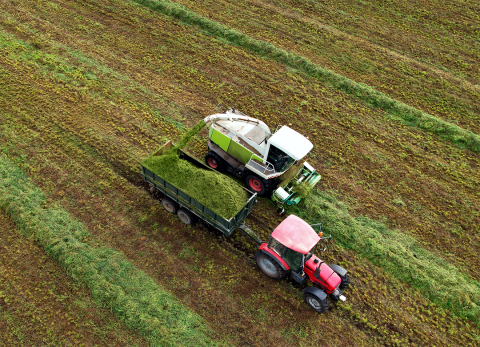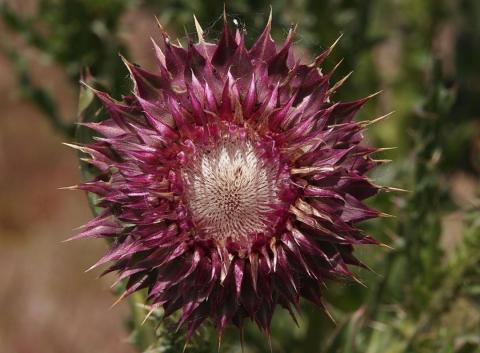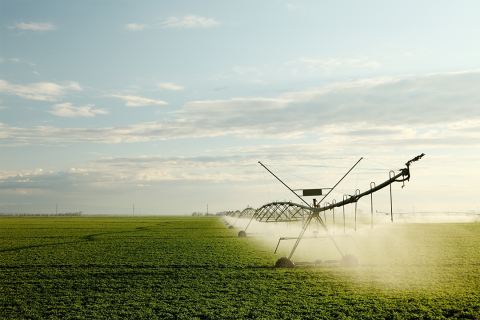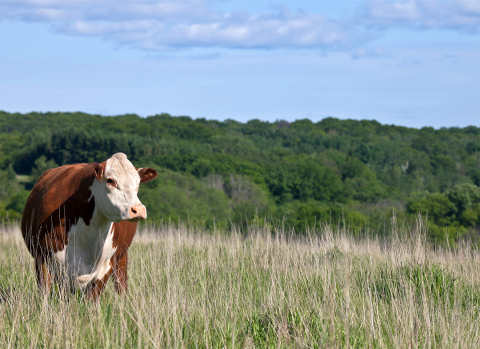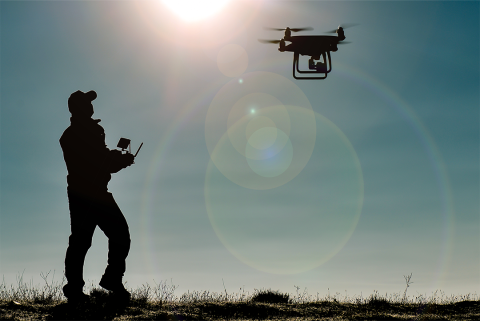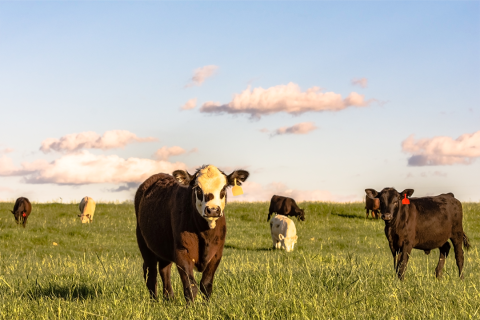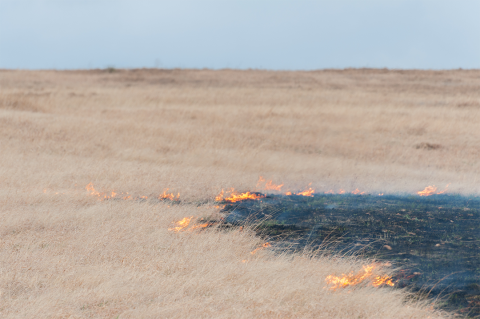Pasture and Forage Minute: Preparing for First Cutting Alfalfa, Small Grain Harvest Strategies
May 14, 2024
With the first harvest of 2024 beginning soon, producers should take this time to perform equipment maintenance and strategize the timing of alfalfa and small grains harvest based on operational needs.
Pasture and Forage Minute: Selecting Summer Forages, Thistle Control Options
May 9, 2024
Insights on pasture rental rates, selecting summer forage based on needs for your operation, and control options for noxious weed thistles in pastures.
Pasture and Forage Minute: Early Season Irrigation, Controlling Alfalfa Weevil
April 23, 2024
This week, extension educators discuss strategies for early season irrigation of alfalfa to lower seasonal water use, controlling alfalfa weevil and flash grazing in spring to mitigate early pasture weeds.
Pasture and Forage Minute: Annual Forage Webinar Series, Improving Alfalfa Stands
April 17, 2024
Extension educators introduce a new webinar series for producers interested in adding an annual forage rotation to their operation, plus insights on grazing spring cereal grains and options for thin alfalfa stands.
Pasture and Forage Minute: Drones for Livestock Management, Drought Recovery
April 9, 2024
This week, extension educators weigh in on the pros and cons of drone use for livestock producers, and considerations for drought-damaged pastures and controlling winter annual weeds in alfalfa.
Pasture and Forage Minute: Double Cropping Forages, Wheat Grazing vs. Grain Value
April 3, 2024
Insights on double cropping annual forages in irrigated cropland, avoiding grass tetany, and making the decision to use wheat as forage or grain this year.
Pasture and Forage Minute: Grazing Management Following Wildfire, Spring Planted Alfalfa
March 7, 2024
Grazing management recommendations for producers affected by wildfire in central Nebraska in late February, and considerations for establishing new alfalfa stands this spring.

Pasture and Forage Minute: A Closer Look at Section 180, Forage Inventory Season
February 6, 2024
With recent land purchases, many Nebraska producers are seeking to better understand IRS Section 180 tax deductions. This article provides a review of the tax code and its potential financial implications for landowners of newly acquired land.

